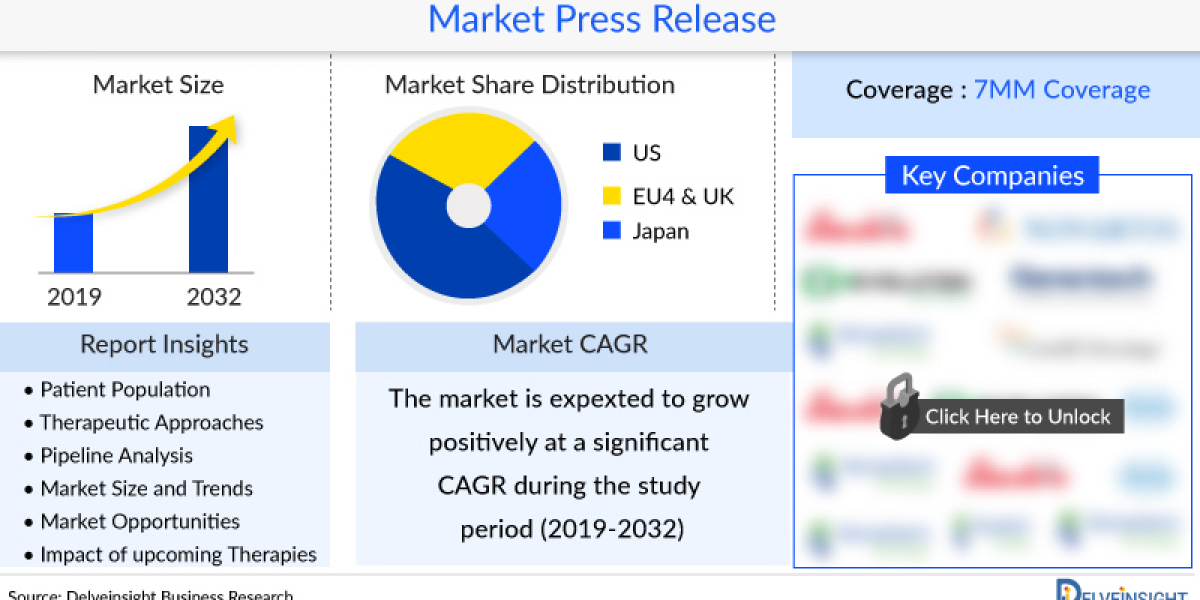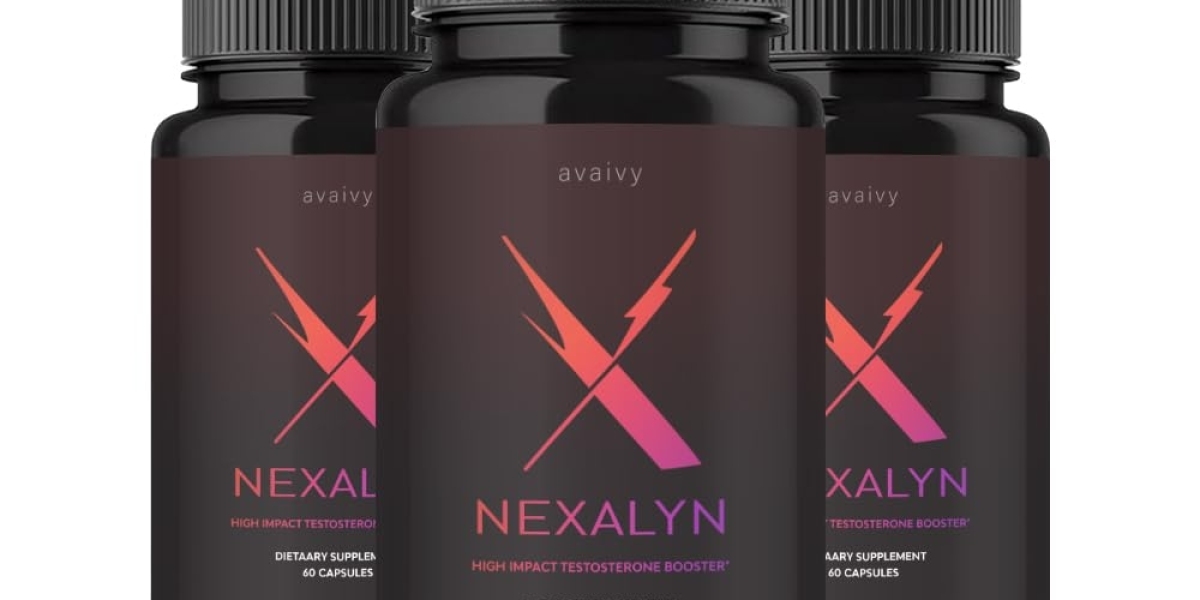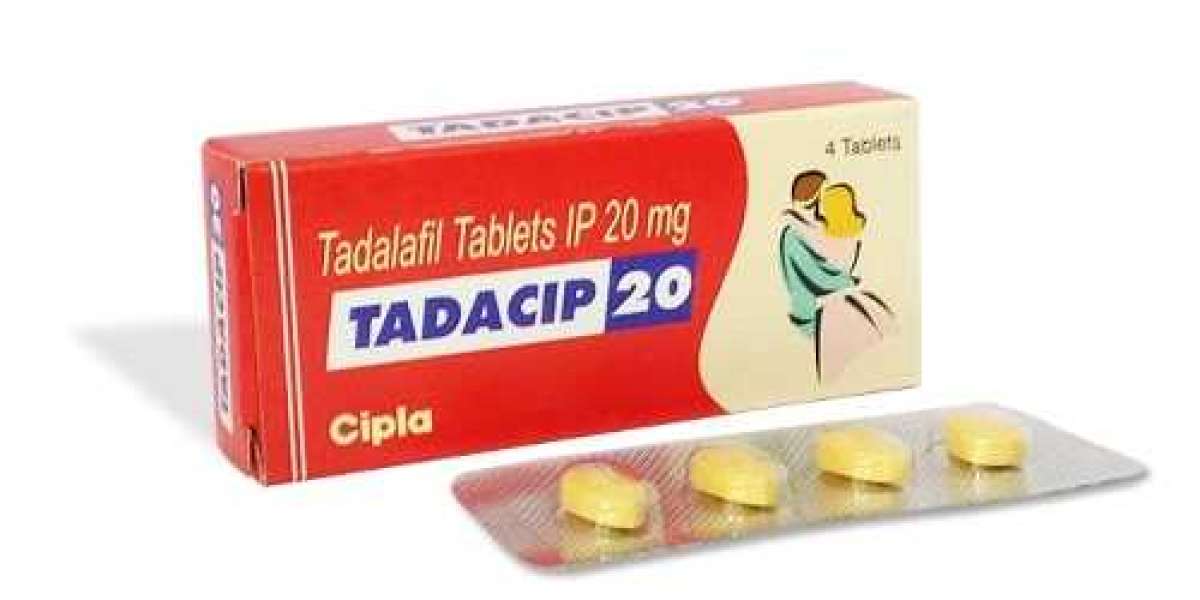BRAF Market Insight
The global BRAF market is expanding as advances in precision medicine and genetic testing lead to better-targeted treatments for BRAF-mutated cancers. BRAF inhibitors, such as vemurafenib, dabrafenib, and encorafenib, are currently approved for the treatment of melanoma with BRAF V600 mutations and are being explored in other cancers with similar mutations. The BRAF treatment market is expected to grow substantially through 2034, driven by increased awareness, enhanced diagnostics, and ongoing research into expanding the indications for BRAF inhibitors.
Key Applications of BRAF Inhibitors
- Melanoma: BRAF inhibitors have been proven to be highly effective in treating melanoma, a skin cancer with high mutation rates in the BRAF gene. BRAF-targeted therapies have significantly improved the survival rates of melanoma patients, especially those with the V600E mutation.
- Colorectal Cancer (CRC): BRAF mutations are also present in a significant subset of colorectal cancers. The introduction of BRAF inhibitors for CRC is expected to improve treatment outcomes for patients with this mutation, expanding the market for these therapies.
- Non-Small Cell Lung Cancer (NSCLC): BRAF inhibitors are increasingly being investigated for use in NSCLC, a common form of lung cancer. Early clinical trials have shown promising results, particularly in patients with BRAF V600E mutations.
Target Population
The target population for BRAF inhibitors primarily includes patients with cancers harboring BRAF mutations. These mutations are most commonly found in melanoma, colorectal cancer, and lung cancer, but they can also occur in other malignancies such as thyroid cancer. As more patients undergo genetic testing, the market for BRAF inhibitors is expected to expand, reaching a broader pool of individuals with these mutations.
- Melanoma: The prevalence of BRAF mutations in melanoma is high, with up to 50% of melanoma patients harboring the V600E mutation. This population represents a large target for BRAF inhibitors.
- Colorectal Cancer: Around 10-15% of colorectal cancer patients have BRAF V600 mutations, creating an emerging patient population for BRAF-targeted therapies.
- NSCLC: Approximately 2-3% of NSCLC patients have BRAF mutations, providing a smaller but significant patient population for treatment.
Competitive Landscape
The BRAF inhibitors market is competitive, with major pharmaceutical companies developing and marketing BRAF-targeted therapies. Key players in the market include:
- Roche: The company’s vemurafenib (Zelboraf) is one of the most widely used BRAF inhibitors for treating melanoma and other BRAF-mutated cancers.
- Novartis: Dabrafenib (Tafinlar) is another leading BRAF inhibitor, used in combination with trametinib (a MEK inhibitor) for enhanced therapeutic effects in melanoma and other cancers.
- Pierre Fabre: The company has developed encorafenib (Braftovi), which is also used in combination with binimetinib (a MEK inhibitor) for treating BRAF-mutated melanoma and colorectal cancer.
- Bristol Myers Squibb: They are working on developing next-generation BRAF inhibitors and expanding the indications for existing therapies.
As these key players expand their portfolios and explore new combinations, competition in the BRAF market will continue to intensify.
BRAF Market Forecast – 2034
The BRAF inhibitors market is forecasted to grow significantly over the next decade. The increasing prevalence of BRAF mutations, coupled with advancements in precision medicine and genetic testing, will drive this growth. Moreover, the ongoing research into BRAF inhibitors for use in additional cancers beyond melanoma, including colorectal cancer and NSCLC, will expand the market’s size.
- New Drug Development: The market will also benefit from the introduction of new BRAF inhibitors and combination therapies that improve patient outcomes, reduce side effects, and address resistance mechanisms that limit the effectiveness of current treatments.
- Expanding Indications: As clinical trials continue to investigate BRAF inhibitors in additional cancer types, their use will broaden, leading to an increase in the market size. Additionally, combination therapies involving BRAF inhibitors and other targeted or immune therapies are expected to become more prevalent.
- Market Growth: The global market for BRAF inhibitors is projected to reach multi-billion-dollar valuations by 2034, with a significant portion of this growth driven by emerging markets and increasing awareness of genetic testing.
Conclusion
The BRAF inhibitors market is poised for robust growth through 2034, driven by the increasing prevalence of BRAF-mutated cancers, ongoing research, and the expansion of therapeutic indications. With the introduction of new therapies, combination treatments, and growing access to genetic testing, the BRAF treatment market is expected to continue its upward trajectory, offering hope for patients and advancing cancer care worldwide. Key pharmaceutical companies will continue to dominate the competitive landscape, but innovation from emerging players will also contribute to the evolving market dynamics. As more patients are identified with BRAF mutations, the market will evolve, providing tailored treatment options and improved outcomes for patients.
Latest Reports
Anti-hypertension Market | Peripheral Neuropathic Pain Market | Shingles Market | Carpal Tunnel Syndrome Market | Covid19 Pipeline | Intracranial Aneurysms Market | Ringworm Market | Benefits Of Robotics In Healthcare | Nipah Virus Infection Market | Nk Cell Therapy Market | Primary Progessive Multiple Sclerosis Market | Brain/cranial Implants Market | Central Nervous System Lymphoma Market | Pouchitis Market | Ureteroscope Market | Traumatic Brain Injury Market | Chronic Non-healing Wounds Market | Tcr Therapy Market | Chronic Myelogenous Leukemia Market | Germany Healthcare Outlook | Vital Sign Monitors Devices Market | Catheter Stabilization Devices Market | Cxcr Inhibitors Market | Embolotherapy Market | Gall Bladder Cancer Market | Neoantigen-based Personalized Cancer Therapeutic Vaccines Market









